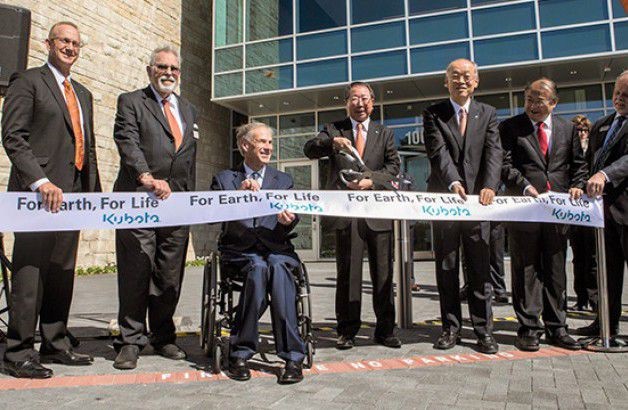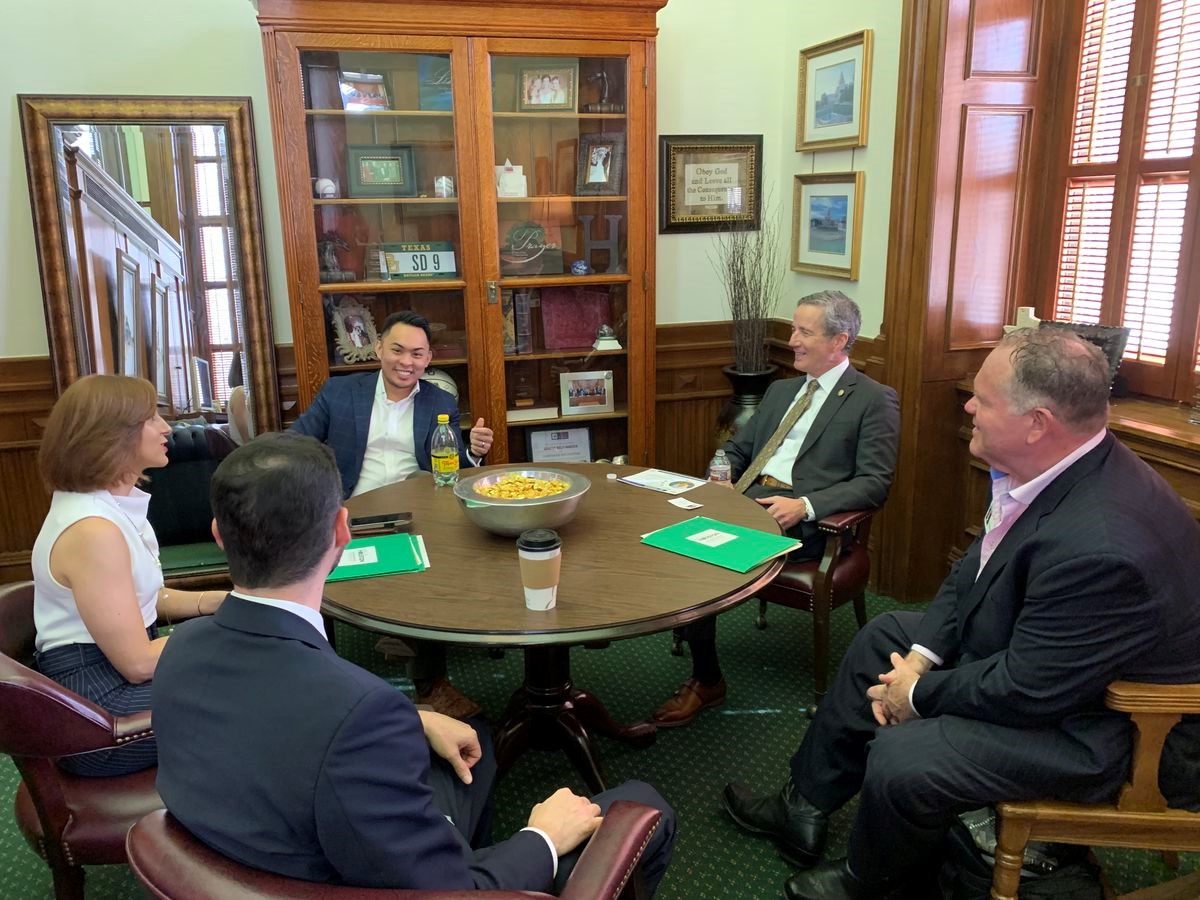HOU in ATX: Legislative Update – Week 7
Published Feb 24, 2023 by Taylor Landin
This week, Governor Abbott reinforces support for a new economic development incentive program, higher education institutions request funding, and the Partnership convenes at the Capitol.
Next week, House and Senate committees will begin meeting to consider legislative proposals, and the Partnership heads to D.C. to advocate for the region and its federal priorities.
Gov. Abbott urges lawmakers to act on economic development incentives
This week, Governor Greg Abbott made his strongest statement to date for a new economic development incentive program.
The Governor expressed confidence the legislature would act during this legislative session, “there is a desire in the Capitol to make sure Texas does remain No. 1 for economic development,” by creating a new economic development program.
Key Highlights:
- Governor Abbott cited to Texas’ recent loss of a major project to New York as a example of why economic development tools are necessary.
- He also indicated that any future program would “not exactly replicate 313,” but would make certain Texas remains the best state for business.
Why it matters: Abbott’s outspoken support is welcome news to proponents of a new economic development program, who believe a new program is critical to ensuring Texas remains competitive in winning large-scale projects.
House Appropriations considers higher ed budget requests
This week, the Article III subcommittee of the House Appropriations committee heard testimony from state agencies and higher education institutions as they laid out their legislative appropriations requests.
Why it matters: Houston institutions, including University of Houston and Texas Southern University, made bold requests for significant funding that would strengthen research opportunities, improve facilities, and provide student support services.
The Partnership’s CEO, Bob Harvey, authored a letter to the appropriators in support of Texas Southern University’s request for increased research funding. Check out the letter here.
Inside Austin: Coalitions are key
Collaborating with coalitions, trade associations, industry, and other community stakeholders is a key component of the Partnership’s work in Austin.
Big picture: This week, the Partnership joined several of our partners across the state as they visited Austin to discuss their priorities. We joined Texas Ports Association, Texas Chemical Council, Texas A&M’s Texas Energy Summit, Transportation Advocacy Group, and regional chambers of commerce from Chambers County, Pearland, and Fort Bend as they hosted their respective groups in the capitol.
Next week in Austin
The House of Representatives began referring bills to their respective committees of jurisdiction on Thursday, February 23rd. Committee chairs are setting hearings to consider the legislative proposals.
On February 23rd, Speaker Phelan announced four specific legislative priorities for the House, focusing on data security and privacy as well as supporting mothers and young children. These bills are the first in what will be a larger legislative package the Speaker supports for the 88th Legislative session. The remaining bills in the package have yet to be announced.
- HB 4 by Rep. Capriglione (R-Keller) to grant individuals new online rights, including the ability to crack down on how companies collect - and in some instances, profit from - personal data. HB 12 by Rep. Rose (D-Dallas) to extend Medicaid eligibility to new mothers to a year after the delivery of their child.
- HB 18 by Rep. Slawson (R-Stephenville) to equip parents with tools to keep their children safe online, including the ability to put a stop to addictive algorithms and prevent companies from collecting private information.
- HB 300 by Rep. Howard (D-Austin) to exempt diapers and wipes, along with feminine hygiene products, from the state’s sales tax.
Sneak peek: Washington D.C.
The Partnership is heading to Washington D.C. next Tuesday, February 28th. The trip will take Houston business leaders to our nation’s capital to advance important regional issues at the federal level.
What's next: The group will engage with Members of Congress, administration officials, policy insiders, and key stakeholders to advocate for the Partnership’s key priorities for the 118th Congress, such as the energy transition, and infrastructure, specifically, the Coastal Spine.
Go deeper: See the trip’s packed agenda here. Stay informed on the trip’s activities by clicking here.
During the 88th Legislative Session, the Greater Houston Partnership will provide a weekly update on newsworthy items from Austin. You can view more policy news and archives of our weekly updates here.
Did someone forward this email to you? Subscribe here to get our weekly legislative updates.
 The Houston Report
The Houston Report





















